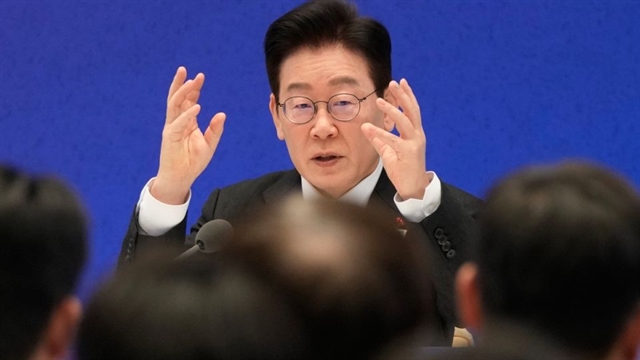 World
World

MOSCOW — The Russian Interior Ministry has developed a bill on simplified procedure for obtaining citizenship by foreign graduates of Russian universities.
The bill has been published on Wednesday on the federal website of legal information.
"The bill offers to provide a right for the aforementioned category of foreign citizens and stateless persons (Russian university graduates) to acquire Russian citizenship in a simplified manner if they are registered or kept on the record at their place of stay on Russian territory, that is, both in case they have a temporary or permanent residence permit and in case they do not," the explanatory note informs.
Currently, foreign graduates of Russian universities are entitled to obtain Russian citizenship if they have a residence permit and at least three years of work experience in Russia.
The note also explains that this bill was developed on the request of Russian Prime Minister Dmitry Medvedev.
Earlier on Wednesday, Medvedev informed that the Russian government is working on a bill that would simplify the citizenship application procedure for foreign graduates of Russian universities who wish to stay and work in Russia.
"It is in our interest that they have a simple path towards receiving a residence permit and citizenship with the aim to live and work in our country. We have taken certain steps, now we are drafting a bill that is aimed to 'speed up this path' for foreign graduates of Russian universities. I think this is in our national interest," Medvedev said during an interview with the Rossiya-24 TV channel.
According to the PM, it is "an objective of crucial importance" for Russia.
He added that the government must create the conditions that would allow both Russian citizens and foreigners to live and work in Russia.
"To a significant extent, this concerns those who have received an education in our country, got adapted to our way of life, became part of the society, acquired the same habits (as Russians have), became fluent in the Russian language and who are (spiritually) close to us," he said.
He added that Russia would be eliminating red tape in the area of supporting university graduates. — TASS




